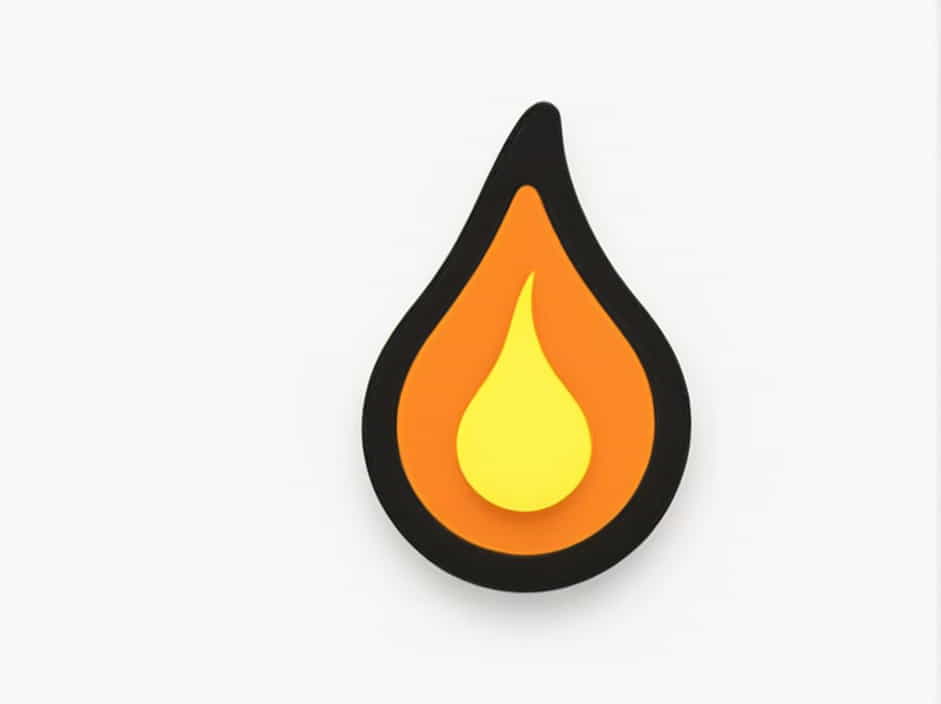Self-immolation is one of the most extreme forms of protest, desperation, or distress. It involves setting oneself on fire, often in public, to make a statement or bring attention to a cause. Many people struggle to understand why someone would take such a drastic step.
This act has been seen throughout history in different parts of the world, often as a response to political oppression, deep emotional suffering, or religious devotion. In recent years, discussions about self-immolation on platforms like Reddit have increased, leading to more awareness and questions about its causes.
Understanding why people self-immolate requires looking at psychological, social, and historical factors. This topic explores the reasons behind self-immolation, common motivations, and its impact on society.
What Is Self-Immolating?
Self-immolation refers to deliberately setting oneself on fire, usually in a public place. It is often used as a form of protest, sacrifice, or extreme self-harm. Unlike other forms of self-harm, self-immolation is almost always meant to send a strong message.
Historically, self-immolation has been used by:
-
Buddhist monks protesting against war.
-
Political activists fighting oppression.
-
Individuals suffering from extreme personal distress.
Understanding the reasons behind this act can help society address underlying issues and provide better support for those at risk.
Why Do People Self-Immolate?
1. Political Protest and Resistance
One of the most well-known reasons people self-immolate is political protest. In oppressive regimes, individuals may feel that their voices are unheard. By setting themselves on fire, they force the world to witness their suffering.
Famous Examples of Self-Immolations in Protest
-
Thàch Quảng Äức (Vietnam, 1963) – A Buddhist monk who set himself on fire to protest religious persecution.
-
Mohamed Bouazizi (Tunisia, 2010) – A street vendor whose self-immolation sparked the Arab Spring.
-
Tibetan Monks – Many have self-immolated to protest Chinese rule over Tibet.
These individuals believed that their deaths would bring awareness to their causes and inspire change.
2. Extreme Psychological Distress
Some people self-immolate due to overwhelming emotional pain. This could be caused by:
-
Severe depression.
-
Feelings of hopelessness.
-
Despair from personal loss or trauma.
Unlike political protesters, these individuals may not intend to send a message but rather seek a way to escape unbearable suffering.
3. Religious or Spiritual Martyrdom
In some cultures, self-immolation is linked to spiritual beliefs. Some see it as a form of self-sacrifice, purification, or devotion.
For example:
-
Hindu Sati tradition (now banned) involved widows immolating themselves on their husband’s funeral pyre.
-
Buddhist monks in Vietnam and Tibet believed self-immolation was an act of ultimate protest and selflessness.
These acts are often deeply symbolic and rooted in cultural or religious traditions.
4. A Cry for Help or Attention to an Issue
Some self-immolations are acts of desperation, meant to draw attention to an issue that is being ignored.
-
People facing injustice may feel that no one is listening.
-
Victims of abuse or discrimination may believe extreme action is the only way to be heard.
-
Those suffering from untreated mental health conditions may turn to self-immolation as a final cry for help.
While many people see it as an act of suicide, those who self-immolate often intend to send a message, not just end their lives.
5. Influence of Media and Social Pressures
With the rise of social media and platforms like Reddit, more people are exposed to extreme acts of protest or self-harm.
-
Discussions on platforms like Reddit may romanticize or glorify self-immolation.
-
Seeing high-profile cases can create a copycat effect, where others are inspired to do the same.
-
Media coverage can amplify the impact, leading to more cases in response.
While awareness is important, sensationalizing self-immolation can unintentionally encourage more individuals to consider it.
The Psychological Perspective: What Drives Someone to Self-Immolate?
Psychologists believe self-immolation is often linked to:
-
Extreme emotional distress – Feeling trapped in a situation with no way out.
-
A strong sense of injustice – Believing that extreme sacrifice is necessary to bring change.
-
Depersonalization or detachment – Feeling disconnected from one’s body and emotions.
-
Suicidal ideation with a purpose – Wanting to die in a way that sends a message.
Understanding these factors is crucial for prevention and intervention.
How Can Society Prevent Self-Immolations?
1. Improve Mental Health Support
Many cases of self-immolation come from untreated depression and trauma. Better access to mental health care can help individuals before they reach such a drastic point.
2. Address Political and Social Issues
Many people self-immolate because they feel ignored by the government or society. Addressing human rights violations, discrimination, and corruption can reduce the likelihood of such extreme protests.
3. Raise Awareness Without Sensationalizing
While it’s important to talk about self-immolation, media and online platforms should:
-
Avoid glorifying or romanticizing cases.
-
Encourage open discussions about mental health.
-
Provide resources for people struggling with distress.
4. Encourage Peaceful Forms of Protest
Instead of self-immolation, individuals should be encouraged to:
-
Join activist groups that work towards change.
-
Use social media to raise awareness without resorting to extreme acts.
-
Seek legal or organizational support for their causes.
Self-immolation is a tragic act that often stems from deep pain, injustice, or a desperate need to be heard. Whether done for political reasons, emotional distress, or religious beliefs, it sends a powerful message but comes at an extreme cost.
By understanding the motivations behind self-immolation, society can work towards better mental health care, social justice, and peaceful forms of activism. Instead of waiting for extreme acts to get attention, governments and communities should listen to people’s struggles before they reach such a point.
Raising awareness and offering support can help prevent unnecessary suffering and create a world where no one feels the need to take such drastic measures.
